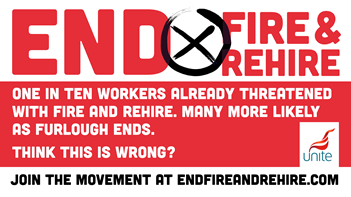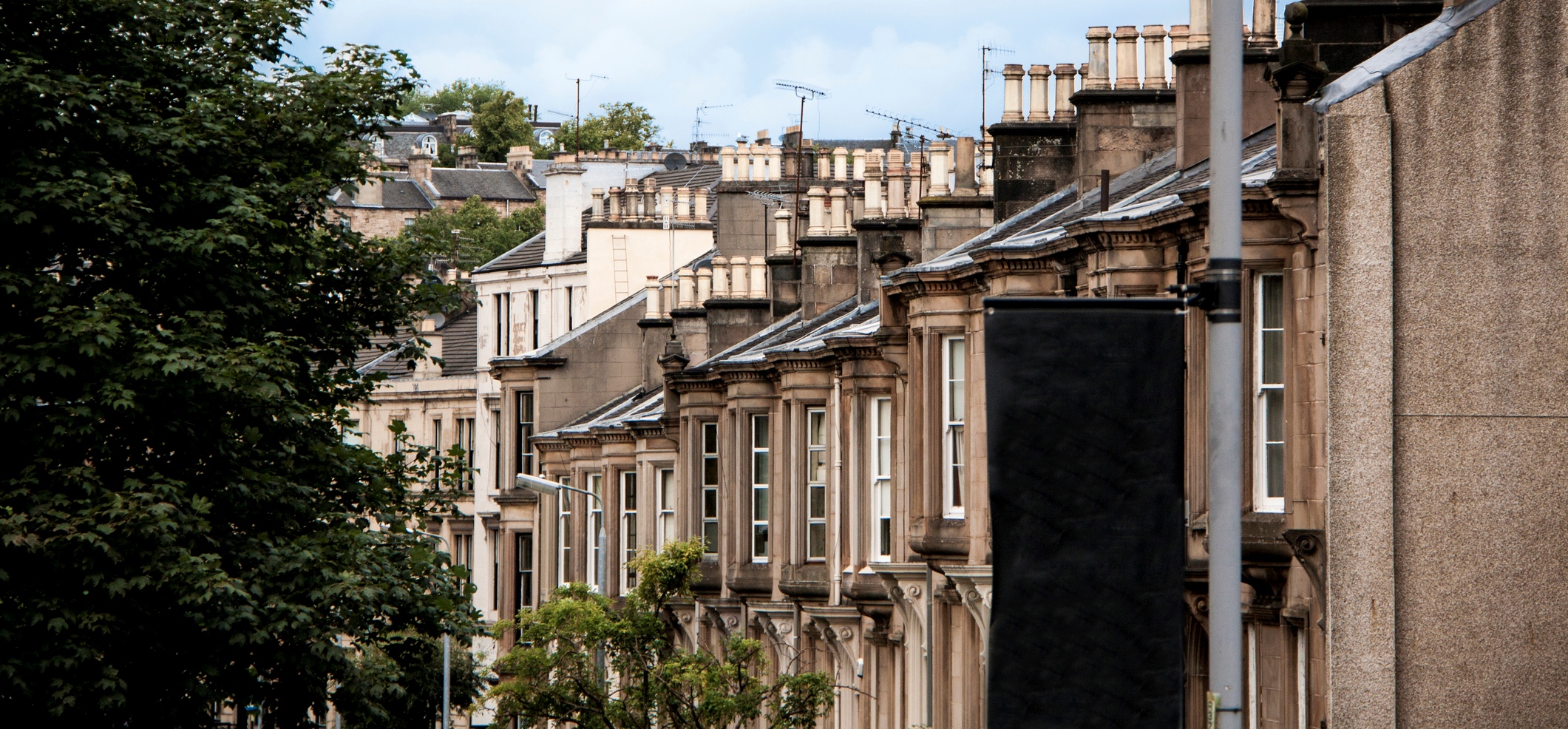No delay
When the National Minimum Wage was first instituted in 1999, opponents predicted that the world would end. The Tories and the business lobby said jobs would be destroyed, businesses would flounder, and the economy as we know it would grind to a halt.
None of their predictions came true, and these very opponents ended up embracing the statutory minimum wage they were at first so resistant to.
Now the same tired, sky-is-falling arguments are being trotted out again by the same exact people—this time, they’re against raising the National Minimum Wage to a level that grants a decent, basic standard of living.
But a new major independent report, written by prominent economist Howard Reed and commissioned by Unite, has again proved that a strong minimum wage will help—not hurt—the economy as a whole.
Good for the economy, good for everyone
The report, which will be Unite’s key submission to the Low Pay Commission, the body charged with considering the annual NMW increase, found that a £1.50 rise in the minimum wage can viably and affordably be instituted now. It would have an enormous impact on the hardest working and the lowest paid in the country, potentially benefiting four and a half million workers by an average of £1,400 a year.
One of the key aspects of the report is the affordability of instituting a much higher NMW and the positive ripple effects it would have across the entire economy. A ÂŁ7.80 minimum wage would not only lift millions out of poverty but would also potentially generate 30,000 jobs and add ÂŁ2.1 billion to the public purse, in the form of higher employment tax receipts and less expenditure on benefits.
Even businesses themselves have taken up the mantle of a substantially higher national minimum wage. Last week, several chief executives and business leaders, including the CEOs of Normura, Kingfisher and Findus, signed a letter expressing concern over the eroded value of the minimum wage. The letter called for a higher minimum wage to boost the economy, benefit businesses and improve the living standards of the lowest paid.
A force for equality
Unite assistant general secretary Diana Holland explained how a higher National Minimum Wage would go far in reducing the economic inequalities facing those who are victims of systemic discrimination: women, migrants, minorities, and the poor.
“As women are more likely to be lower paid than men, 2.8 million women, 60 per cent of the total, would benefit from a £1.50 increase in the National Minimum Wage,” said Holland. “This would also contribute to tackling the gender pay gap, which shockingly increased last year. It is also about valuing important work that mainly women do in caring, retail, hospitality and the food sector.”
Holland noted that raising the National Minimum Wage would also significantly benefit black, Asian and ethnic minority workers, a higher proportion of whom are low-paid. But she added that of the overall total who stand to gain from an uplift in the NMW, four million of them are white low paid workers, which she argues, “clearly demonstrates that policies that are good for race equality are good for everyone.”
As the UK economy becomes increasingly dominated by low-paying service sector jobs, a robust minimum wage would make the stressful and hard work that defines the hospitality, retail and cleaning industries finally pay. According to the report, nearly one million workers in the retail sector, 750,000 workers in hospitality industry, and 190,000 cleaners, would see a significant increase in their pay packets. Holland pointed out that, again, these industries are often dominated by women, migrants and minorities.
Life on the minimum wage
Gonzalo Redondo, a Spanish migrant and former hotel housekeeper who was for years only making the NMW, knows all too well the realities of living on an impossibly low wage. Redondo spent three long years barely scraping by while working harder than he’d ever worked in his life.
“The reality in this service-based economy is that the harder you work–the harder your job is–the less you get paid,” Redondo said. “Raising the minimum wage to ÂŁ7.80 would make an immediate difference in the lives of hospitality workers, who sometimes work as much as 80 hours a week just to get by. The first thing that comes to mind is transport. On the current minimum wage, especially in London, you can’t even afford to get to work!”
Elif Ekimci*, who currently subsists on the minimum wage as a waitress at a London chain restaurant, agrees that a higher minimum wage would benefit everyone.
“When you’re on such a low wage, you don’t have money to spend on anything, so you hoard and save everything you can,” Ekimci said. “If we workers on the minimum wage had more discretionary income, if we made £7.80 per hour, we would spend more, and more would go into the economy, which would help everyone. It’s really that simple.”
Unite general secretary Len McCluskey said, “We have long-argued for an immediate uplift in the minimum wage of £1.50 to get people out of poverty. This report shows that this is both affordable for employers, would in fact create not cost jobs, and is a great deal for the national finances. It need not be put off any longer.”
The case for a statutory living wage has been made time and again. What are we waiting for?
*Name changed to protect identity
 Like
Like Follow
Follow


